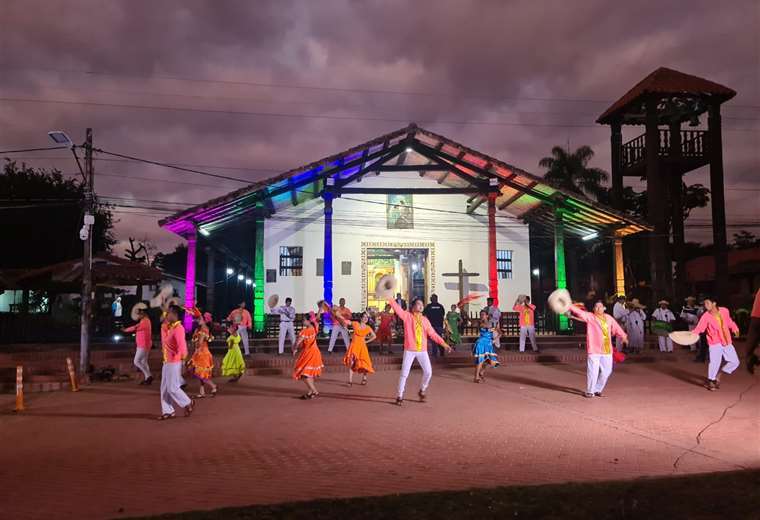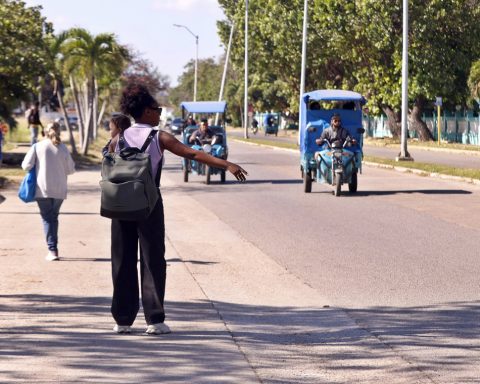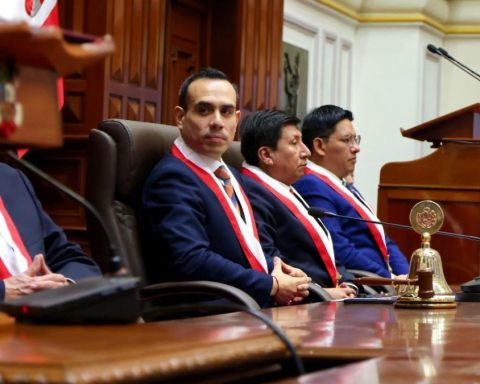
The Vice President of the Republic, Beatriz Argimon He remarked that a police complaint has already been made for the leak to the Internet of thousands of archives of the uruguayan dictatorshipsince it is not known who had them in their possession, nor for what purpose they were uploaded.
“It was surprising to find that part of those fileswhich were not in those that were granted to the General Archive of the Nation by the Ministry of Defense, will begin to appear in full on the Internet,” Argimón said at a press conference reported by various media.
The vice president said that the first thing to do is verify its authenticity: “I think the Minister of Defense did well to notify the Prosecutor’s Office, because that is how we are going to a stealthy, cautious and verification path”, he explained.
He went on to say that “we must be very careful with the information, with the manipulation of public opinion”, and that he supposes that “soon we will be able to have an indication of who was in contact with these documents and they carried out an investigation within the ministry, but also in the Prosecutor’s Office ”.
Archives of the dictatorship leaked to the internet: Where are they?
Since April of this year, more than 1,600 archives of the Uruguayan dictatorshipuntil then kept secret, have been gradually released on the internet by one or more people with identities that have not yet been revealed.
The organization Mothers and Relatives of the Detained-Disappeared He has already begun to read and analyze the documents, while the Defense authorities verify that they are authentic.
When uploading all files to the portal archive.orgthe person or people placed this introduction:
This material is part of the Uruguayan Terror Archives that are released within the framework of the 50th anniversary of the 1973 coup d’état. These archives were prepared by the police and military forces starting in the 1960s and include the period of the civic-military dictatorship (1973-1985). Espionage continued after democracy was restored, with the political complicity of governments, at least until 2004.
These files contain the information that the repressive services decided to elaborate and preserve, while many other documents have disappeared or have not yet been found.
In the documents shared here, you can find manipulated, false information, obtained under torture or threats, provided by paid informants and many other unreliable sources. In any case, it is a historical testimony of great value for understanding the operation of terror networks.
Those who produced these Terror Files, know them, continue to speculate with their contents and decide what and when to use this information. The rest of Uruguayan society, which was the victim of repression and surveillance, has not had access to the files of the repression.
About the Archive of the Defense Information Service (Berrutti): This document is part of the so-called Berrutti Archive. It is made up of digitizations from microfilms found in a military headquarters in 2006.

















